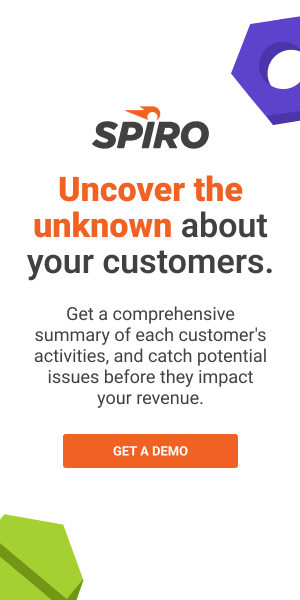6 Reasons Why CRM Is A Valuable Selling Tool
In order to speak about something, we need to have earned the right.
It was a sunny spring day a few years ago when I ran my pipeline report. A loud noise came from my cubicle as saw the report in front of me. You see, I hadn’t entered my notes in our CRM and someone closed nearly $25,000 on inbound calls from people that I had communicated with in the past. The person that answered the phones never asked if the buyer already spoke to someone. Or on occasion she would just not tell me someone called for me and would claim the sale for herself.
Because I didn’t put my notes into the CRM, my contacts with these people didn’t exist. AKA my relationship with them didn’t exist.
This laziness affected my quota. More of a direct impact was that I had lost nearly $5,000 in commission that month. I have painfully earned the right to talk about why salespeople are stupid not to use a CRM.
Why we need to use CRMs:
1. Our memories aren’t that great
We think that our memories are superb, and in a lot of cases they are. We think there is no reason to put in notes when we know our clients so well. But what happens when that client leaves companies or switches divisions?Their titles may change. We need to update that information, because it could happen that you forget about their new job title. To not embarrass yourself, view your CRM as a cheat sheet. A quick glance will help you remember everything you know.
2. Today there is so much information to capture
Twitter handles, LinkedIn profiles, various phone numbers, knowledge on what budget, quick notes on annual reports and upcoming strategies. It’s too much for anyone to remember. That is why we need to use our CRM. If we are given a referral into that same company, it’s a lot easier to click on company information than having to go find it repeatedly.
3. You have to find a way to manage your pipeline
I have a saying, “If you like money you should be in sales. If you don’t like sales you’ll never make money.” Being a quality salesperson means updating your pipeline and adapting as sales close, stall or fail. If you aren’t managing your pipeline well, how on earth are you tracking your quota target? The answer to the question is that those of us that aren’t tracking our pipeline might be in jeopardy of losing money (or in some drastic cases our jobs). We like money, so track it.
4. Trends are easier to see
Client profiles help all salespeople close more deals. Using our CRM and by filtering different qualities, we can review trends in either product sold or title of the client that bought from us. We cannot figure this out on the back of a napkin. The more trends we see the more we will sell.
5. Time is money
There is a cost to each sale. CRMs help us determine how many times we must touch someone to close our prospects. Texts, emails and phone calls all count and should be added to your CRM. We can translate those touches into time. That will help us calculate how much a sale costs us, as the sale executive.
6. Makes account handoffs seamless
Occasionally there is an account handoff that may take place. Imagine being the person receiving that account with no notes in the CRM. Now imagine you’re the person that handed the account off. You’ll constantly be interrupted to give the new rep the 411 on that account. Yep. You’ll wish those notes were in there then.
Is CRM Right for You?
Speaking as someone that lost a few thousand in the matter of a month because I didn’t put notes into my CRM, it’s worth looking into Spiro. The AI sales assistant is a tool all sales professionals need. Based on past sales calls and their outcomes Spiro’s AI helps determine the next step in the sales process. Spiro also takes the data input function away from you and automatically puts client information into each contact created. It is a no brainer –
Spiro makes life easier. Spiro is a tool that will pay for itself over and over in new revenue generated and a sales team that is less punchy when they have to do their weekly and monthly reports.

